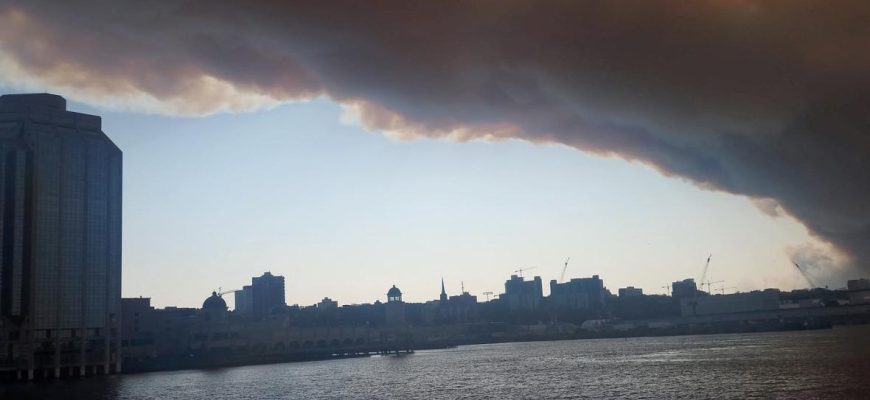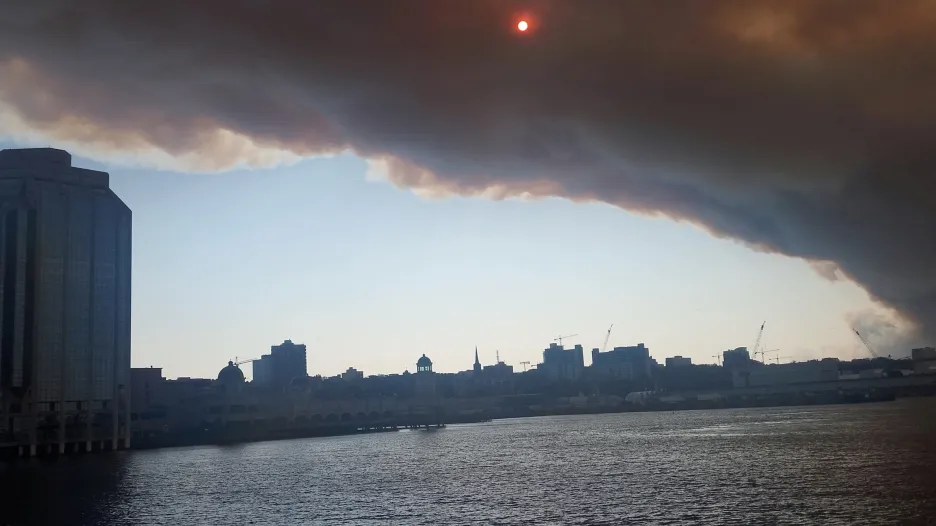A wildfire in Nova Scotia’s Shelburne County nearly doubled in size in a matter of hours Sunday before burning out of control. Drought, heat and wind persist in the area, which facilitates the spread. The gust drove the flames across the mostly wooded area around Lake Barrington. Some households had to evacuate and there are reports of the first destroyed cabins, writes the Canadian server Toronto Star.
Dozens of provincial firefighters and fifty volunteer firefighters are on the scene. Two helicopters, six air tankers from New Brunswick and heavy equipment and an incident management team are also available. “Emergency personnel are working around the clock to keep residents safe and reduce the threat posed by the fires,” said local authorities in the Nova Scotia provincial capital.
The state of emergency will remain in effect for seven days unless lifted or extended in the meantime. Nova Scotia Power announced on Twitter that it had temporarily cut power to the affected area.
The western Canadian province of Alberta also declared a state of emergency this month due to unprecedented wildfires that have displaced tens of thousands of people. However, heavy rains in the west of the country a week ago helped put out some of the fires.
Alarming fires
Thousands of firefighters battled the unprecedentedly large fires that have already burned 782,000 hectares of forests and meadows in Canada this year, part of which came as aid from the United States. A hundred fires were raging in Alberta alone ten days ago. Experts say fires are common in Alberta in May, but this year the situation is particularly dire due to less than half the rainfall and three to six degrees Celsius higher average temperatures.
“It’s alarming, we’ve seen something similar before, but not this early in the year. The volume of smoke emitted by these fires is incredible, covering almost the entire western part of Canada. And of course it has impacts on people as well,” meteorologist Terri Lang from Environment and Climate Change Canada told the BBC. The fire season in Canada usually lasts until autumn.
Extreme heat waves are becoming more likely as a result of climate change, according to experts, and climatologists are warning that current developments in North America should be seen as a harbinger of future fluctuations, according to CBC news.
Researcher Joseph Shea of the University of Northern British Columbia said residents of western Canada need to prepare for a warmer future with longer heat waves coming outside of the summer season. But the current heat is not as serious as the emergence of a “heat dome”, which in the summer of 2021 claimed hundreds of lives in the western US and Canada.








